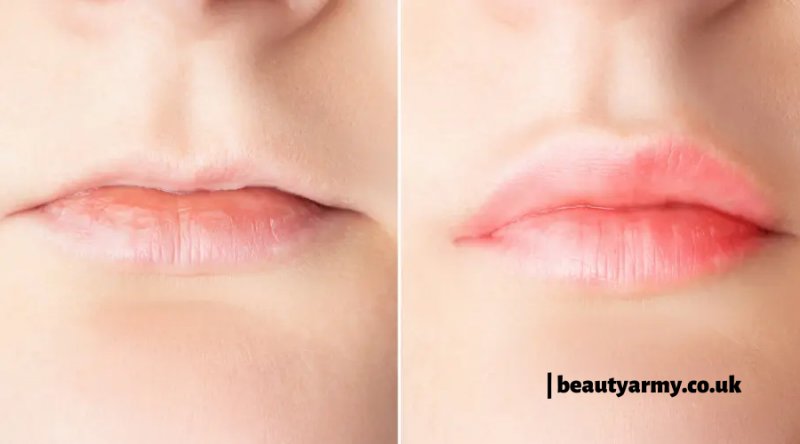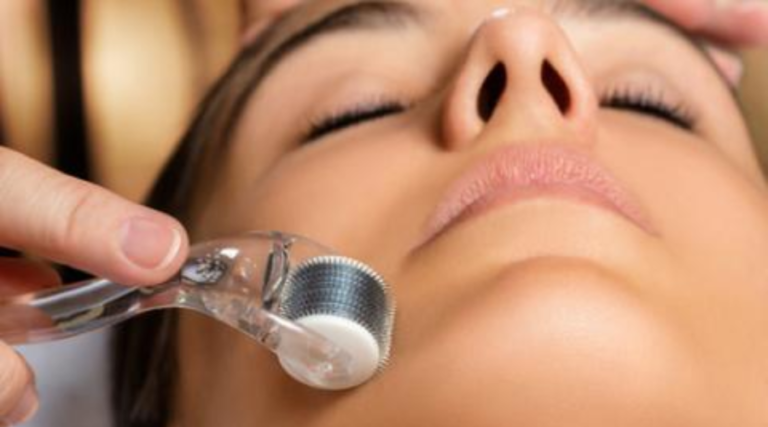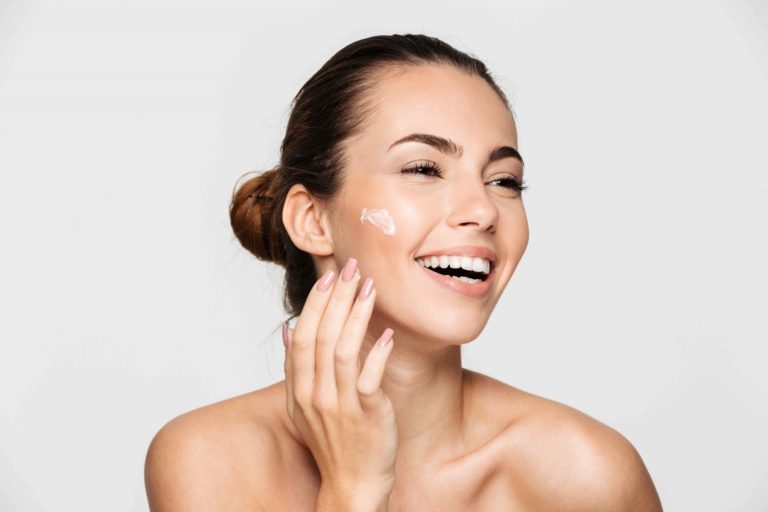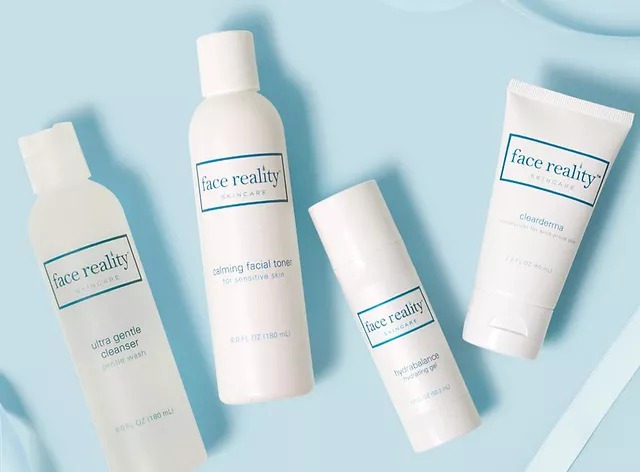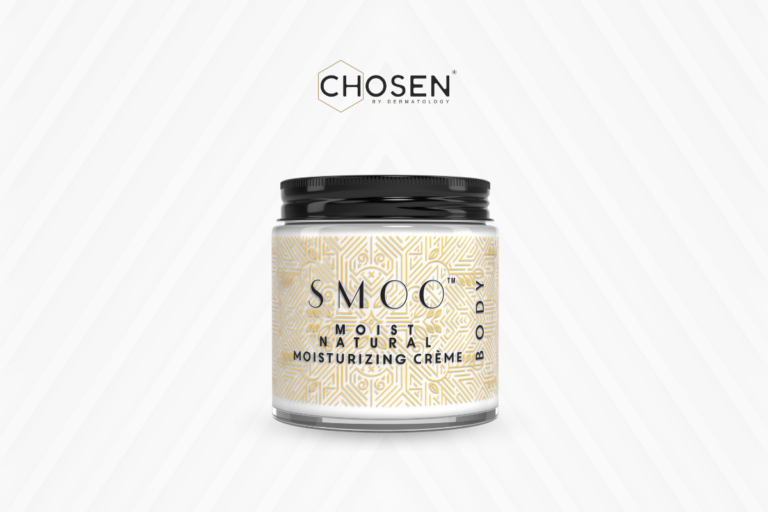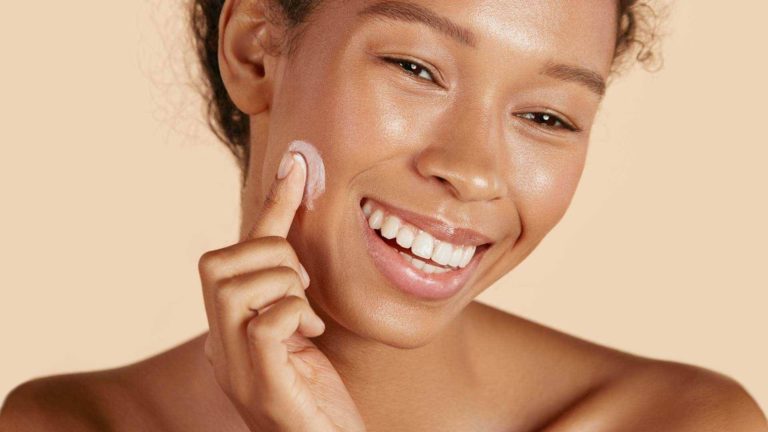Complete Guide About Lip filler Treatment
Lip filler is one of the most often utilised types of dermal fillers. Your lips have increased volume as a result. Candidates should be in good physical and mental health and have realistic expectations.
How do lip liners function?
1 ml Lip fillers injections increase the volume of your lips. They act as a form of skin filler.
Lip fillers are constructed of synthetic hyaluronic acid (HA), a substance that occurs naturally in your body. There are many different brands of lip fillers, including Perlane®, Juvederm®, and Restylane®.
Who utilizes lip enhancement?
The choice to get lip fillers is a personal one. Going after your bodily wants can inspire.
When thinking about lip fillers, you should:
having decent physical health
Have realistic expectations.
not have any active mouth infections, such as canker or cold sores.
A common request from patients who get lip fillers is to have larger lips. You might want to make your lips bigger for a variety of reasons, such as to make them bigger than they ever were. As you age, your lips could get smaller or thinner, and your philtrum, which is the groove between your top lip and septum, could get longer and flatter. Additionally, the space between the corners of your mouth may get wider.
Your lips should be made more appealing. Your lips come in a wide range of sizes and shapes (asymmetrical).
eliminating wrinkles Occasionally, when you grin or laugh, wrinkles may appear on the sides of your lips.
Increasing confidence You may feel better about your appearance and self-confidence if you use lip fillers.
Why are lip fillers used by people?
Your lips might grow or increase volume with the aid of lip fillers. Although they can delay the need for a lip lift or more invasive surgical lip augmentation, they cannot stop the ageing process. They can also help you achieve the appearance you want, which can boost your confidence.
Over time, you might notice a volume loss in your lips, which could be caused by: genetics.
Smoking.
sun fading
How common are procedures using lip fillers?
Lip augmentation procedures are common. In 2018, medical practitioners performed over 2.1 million lip filler procedures.
How long do lip fillers last?
Lip fillers typically last 12 to 18 months. However, it depends on your age and how quickly your body turns calories into energy (metabolism). Young people burn calories more quickly than older people, so lip fillers don’t last as long on them.
What occurs before a lip filler procedure?
In the US, the FDA has not approved the use of lip fillers on people under the age of 21. As a result, you must be at least 21 years old to receive FDA-approved lip fillers.
Your healthcare provider will be consulted before the lip filler procedure. Your mental health and any social conditions will be analysed, among other things. Your healthcare provider might ask you the following questions:
Why do you want lip fillers?
What are your expectations?
Do you often think about major or minor physical flaws?
Are you under pressure to get lip fillers from a partner, spouse, or friend?
Your facial structure and physical health are additional important factors. Your healthcare provider will evaluate your overall health as well as any existing medical conditions or risk factors. Your healthcare provider should be informed of any allergies you may have. Tell them if you take any prescription or over-the-counter (OTC) drugs, herbal supplements included.
Your healthcare provider will measure and assess your face. They’ll also take photos of your lips and face for your medical record.
Before choosing the size of your lips, it’s important to visualise yourself in the scenario. Think about getting a new haircut. You might offer a picture to your hairstylist to give them an idea of how you want your hair to look. Your hairstylist may, however, advise you that your hair won’t look exactly like the photo because of its texture, hairline, volume, or length. Although you could wish to have lips like a celebrity, your face shape and features might prevent you from achieving this. Ask your doctor if it would be good for you to bring in a picture. But be prepared to define your ideal lip shape in great detail if your healthcare practitioner doesn’t want to refer to a photo.
What happens during the lip filler process?
During the lip filler procedure, your healthcare provider will numb your lips with a topical anaesthetic. The topical anaesthetic will cause your lips to become numb, making the operation as painless and comfortable as possible. Tetracaine, lidocaine, and benzocaine are among the frequently used chemicals in numbing creams (BLT). After 15 to 30 minutes, your lips ought to have paresthesia.
If you are allergic to BLTs, your doctor may give you a nerve block shot to numb your lips. After the injection, 15 to 30 minutes should pass before your lips are numb.
Then, with the aid of a tiny needle, your medical professional will inject lip filler into some or all of the areas of your lips, including the vermillion border surrounding your lips, the cupid’s bow in the centre of your upper lip, and your oral commissures (corners of your mouth). Although there won’t be any pain, you might have a pinching sensation and moistening of the eyes. One millilitre (mL), or around one-fifth of a teaspoon, of lip filler is normally injected by your doctor into your lips. The needle can only pierce your skin 2.5 millimetres (mm) deep.
While administering the treatment, your healthcare provider might place an ice pack on your lips to lessen swelling and bruising.
The operation could be finished in as little as 30 minutes or as much as two hours.
What happens after lip filler surgery?
After the procedure is complete, your healthcare provider could gently massage your lips to aid in the filler’s absorption. They might still be icing your lips.
For up to 15 minutes after the procedure, your doctor will monitor you to make sure you don’t experience any unfavourable side effects, such as dizziness, nausea, or excessive bleeding. They’ll let you go home once they decide you don’t need to be monitored any longer (discharge you). After a local anaesthetic, you can drive yourself home because it won’t exhaust you or make you sleepy. However, you might want to make plans to have a family member or friend drive you home just in case.
You might have bruised, swollen, and sore lips. It might, however, take a week. In most cases, swelling subsides after 24 to 48 hours.
Your doctor will also arrange a follow-up appointment to examine your lips two weeks after the procedure. They could take another picture for your medical record so you can compare the state of your lips before and after the procedure.
The following advice will help your lips heal more quickly:
- Use an ice pack to reduce pain, swelling, and inflammation for up to 10 minutes.
- Avoid putting lipstick, lip balm, or any other substance on your lips for at least 24 hours.
- Avoid touching or puckering your lips, kissing, or sucking on a straw.
- Be careful when brushing your teeth.
- Drink plenty of water.
- Don’t exercise for at least a day.
- RISKS AND REWARDS
What advantages do lip fillers have?
Numerous advantages of lip fillers include:
- Both they and the lip filler procedure are safe, and there is a low likelihood of problems or negative consequences.
- They might boost your self-esteem.
- They are reversible. If you’re not happy with how you look, your doctor can give you an enzyme (hyaluronidase) to dissolve your lip filler.
What risks are associated with lip fillers?
- Lip fillers come significant risks, such as discomfort and bleeding where they are injected.
- finding a cold sore again.
- colour modification or tenderness
- Infection.
- Tissue death may result from vascular compromise, which may occur if lip filler is injected into or close to an artery.
- The size of your lips may vary (asymmetry).
- The lip filler may have bled into other areas of your face, usually near the nose (migration).
Do lip augmentations have health risks?
Medical treatment in the form of lip fillers. Lip fillers are quite safe when applied by a qualified medical specialist, such as a plastic surgeon, dermatologist, or cosmetic surgeon.
You shouldn’t get lip fillers at a spa or beauty salon.
Are lip fillers capable of harming your lips?
If you don’t purchase lip fillers from a licenced healthcare provider, you run the risk of harming your lips. There are risks associated with lip filler, including hardening, tissue loss, permanent lip stretching, and infection at the injection sites.
Lip fillers: do they hurt?
There may be some soreness where you received your shots. The soreness should progressively go away after 12 to 24 hours.
Are they permanent lip fillers?
Lip fillers do not last indefinitely. They frequently persist 12 to 18 months before gradually fading away, depending on your metabolism. You could need frequent touch-up procedures to keep your desired volume.
Is getting lip fillers when pregnant safe?
No studies have been conducted to establish the safety of lip fillers during pregnancy. The FDA forbids the use of lip fillers during pregnancy as a result.
How much time does recovery require?
It should take 12 to 24 hours for your pain to go away. Although your swelling should subside in 24 to 48 hours, it may take up to a week.
If you want your lips filled, schedule the procedure at least two weeks before a significant event, such as a wedding, to ensure that you have fully healed.
How soon can I eat or drink after getting my lips filled?
It’s best to wait to eat until after the topical anaesthetic or nerve block injection has taken effect in order to prevent accidentally biting your lips and damaging the filler. Avoid eating any messy items that can cause you to wipe your face or lips for at least 24 hours.
Avoid using drinking straws and quitting smoking for at least 24 hours. Lip filler may also be problematic for lips that are pursed or constricted.
Additionally, since alcohol thins the blood and could make lip bruising worse, you should refrain from drinking for at least 24 hours.
When should I make an appointment to see my doctor?
Make an appointment with your doctor for a follow-up visit two weeks after your lip filler procedure. Your lips will be inspected, and they will discuss the results with you along with if you want greater volume, which necessitates using more filler.
